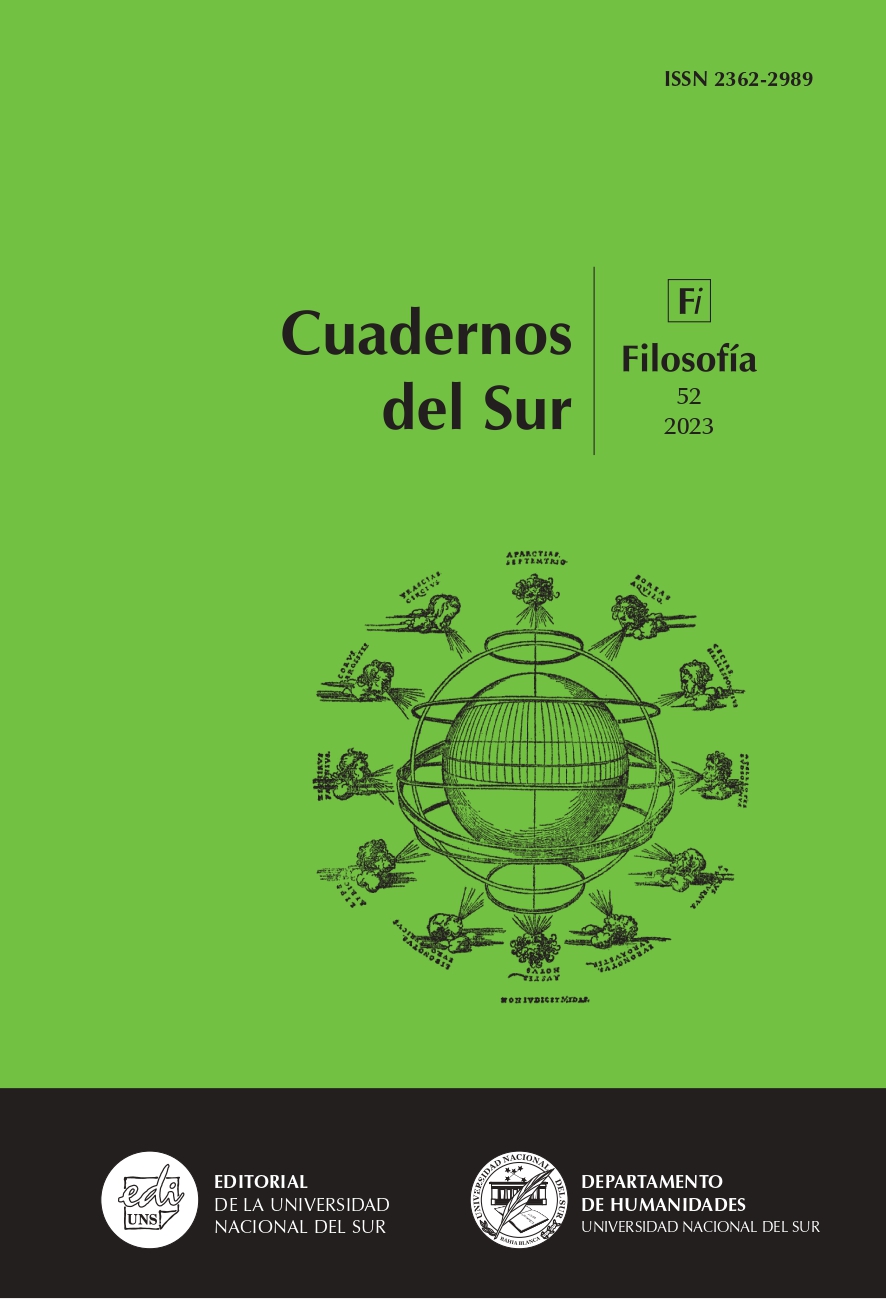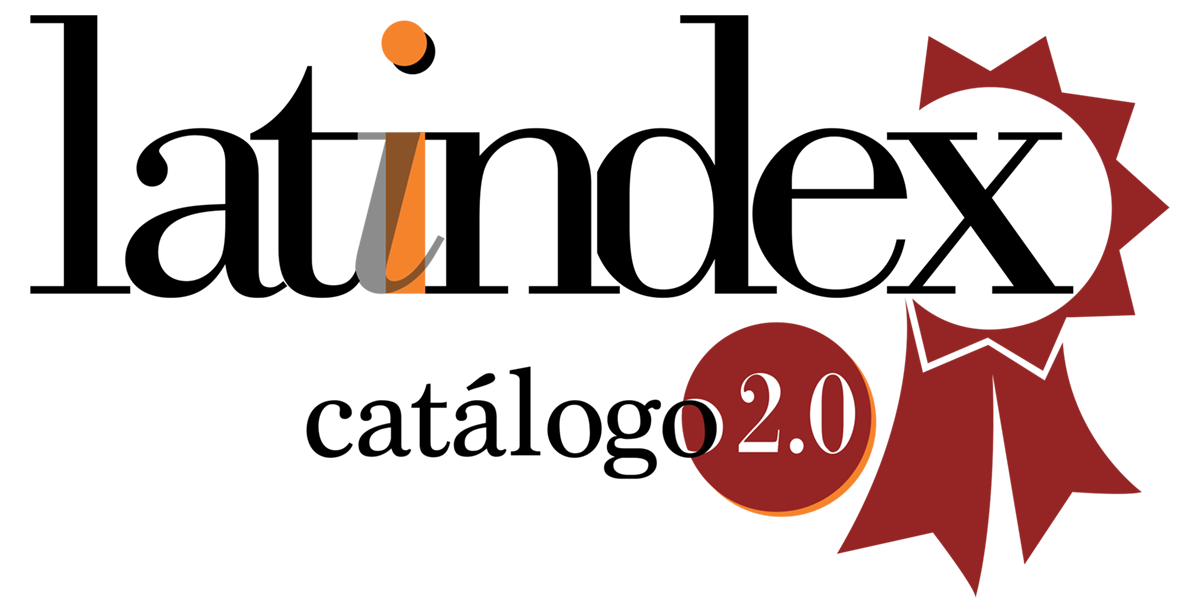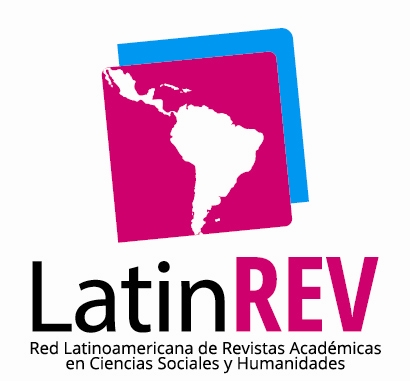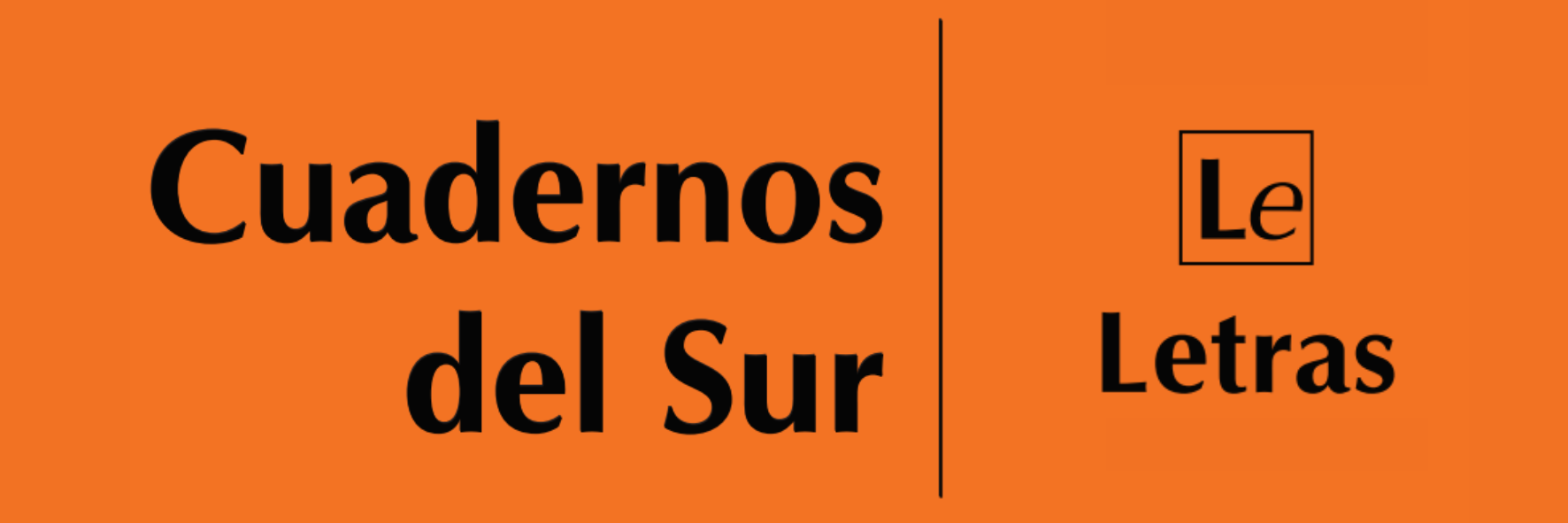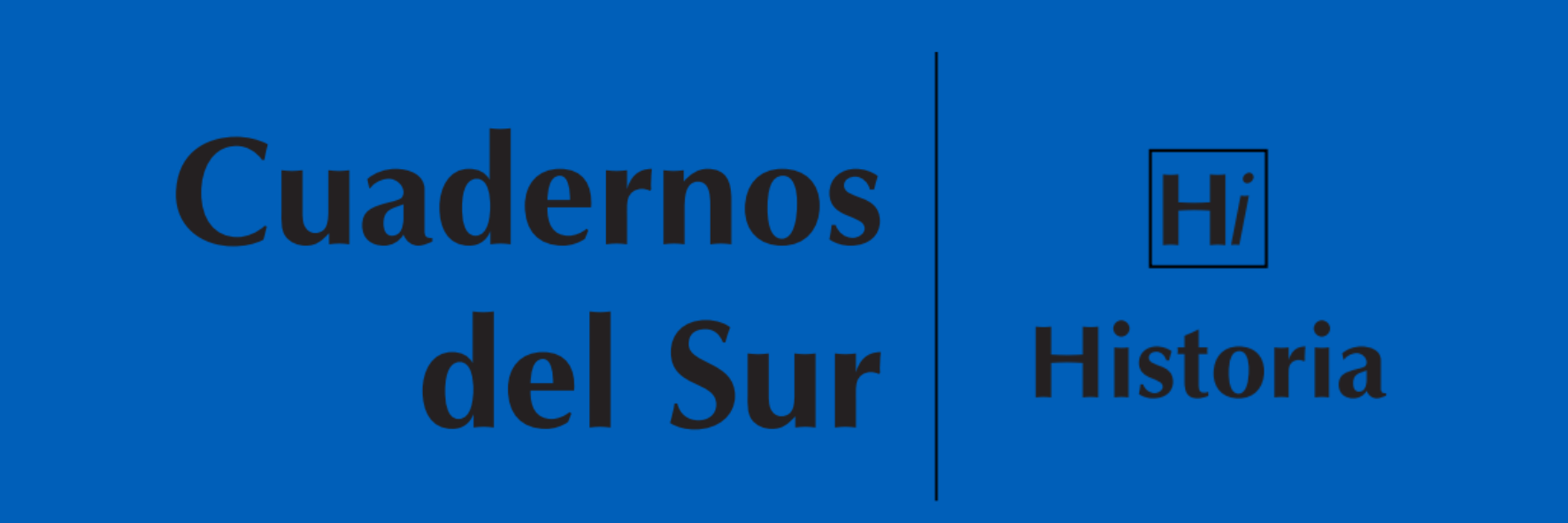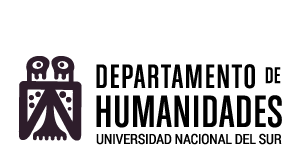Del “último Dios” a los hiperobjetos. Un entrecruzamiento reflexivo sobre las filosofías de Martin Heidegger y Timothy Morton
DOI:
https://doi.org/10.52292/csf5220234507Keywords:
ecophilosophical turn, last God, hyperobjectsAbstract
The times we are passing through shows us extremely challenging characteristics that have never before been presented so urgently to humanity. We have indeed begun to go through a post-humanist, post-natural and post-epistemological period. These novel characteristics fit into both the post-metaphysical and post-anthropocentric context. In this respect, it seems that many of the "classic" categories that have characterized the history of philosophy have reached their consummation stage. On the contrary, it is reality itself, the convulsive situation of our biosphere, which urges us to creatively rethink the times we are going through. Such thinking implies a challenge for philosophy to be encouraged to move past terms to implement conceptual tools according to our time. In this sense, it is essential to dismantle the notion of anthropocentrism, as it is pragmatically responsible for the environmental crisis that we are going through. Problems such as climate change, the mass extinction of species, and the devastation of ecosystems are some of the phenomena that vehemently affect various living beings, including humans. The good news is that humans no longer occupy the centrality of the planetary stage. The "passage of the last God" in Heidegger and the "hyperobjects" of Timothy Morton are exerting an "ontological revolt" that shatters the modern subject. Our intention is to show the possible articulation between both thinkers in order to respond with a thought according to the call of the Earth.
Downloads
References
Heidegger, Martin (1986), Kant y el problema de la metafísica, México, F.C.E.
----- (1989), Aportes a la filosofía. Sobre el Evento, Buenos Aires, Biblioteca Internacional Martin Heidegger.
----- (1990), La constitución onto-teo-lógica de la metafísica. Identidad y diferencia, Barcelona, Editorial Anthropos.
----- (1991), Die Kehre, Córdoba, Alción Editora.
----- (1994), La cosa, Conferencias y artículos, Barcelona, Ediciones del Serbal.
----- (1996), La época de la imagen del mundo, Caminos del bosque, Madrid, Editorial Alianza.
----- (1997), La pregunta por la técnica. Filosofía, Técnica y Ciencia, Santiago de Chile, Editorial Universitaria.
----- (1998) “Solamente un Dios puede todavía salvarnos, Martin Heidegger entrevistado por la revista Der Spiegel, Algunos textos de Heidegger”, Cuadernos de Filosofía, n° 32, pp. 69-97.
----- (2000), El final de la filosofía y la tarea del pensar, Tiempo y Ser, Madrid, Editorial Tecnos.
Morton, Timothy (2014), Ecología oscura. Sobre la coexistencia futura, Buenos Aires, Paidós.
----- (2018), Hiperobjetos. Filosofía y Ecología después del fin del mundo, Argentina, Adriana Hidalgo Editora.
----- (2019), Humanidad. Solidaridad con los no-humanos, Argentina, Adriana Hidalgo Editora.
Costa, Flavia (2021), Tecnoceno. Algoritmos, biohackers y nuevas formas de vida, Buenos Aires, Taurus.
Derrida, Jacques (2008), El animal que luego estoy si(gui)endo, Madrid, Editorial Trotta.
Duque, Felix (1986), Filosofía de la técnica de la naturaleza, Madrid, Editorial Tecnos.
Iribarne, Julia (1988), La intersubjetividad en Husserl, Buenos Aires, Editorial Carlos Lohlé.
Latour, Bruno (2017), Cara a cara con el planeta. Una nueva mirada sobre el cambio climático alejada de las posiciones apocalípticas, Argentina, Siglo XXI Editores.
Mckibben, Bill (1990), El fin de la naturaleza, México, Editorial Diana.
Merchant, Carolyn (1993), “The death of nature”, en Zimmerman, Michael et al. (eds.), Enviromental Philosophy / From Animal Rights to radical Ecology, New Jersey, Prentice Hall, pp. 277-290.
Pobierzym, Ricardo (2014), Naturaleza y ecosofía en Martin Heidegger, Argentina, Voria Stefanovsky editores.
Pobierzym, Ricardo et al. (2015), Heidegger y la cuestión ecológica, Argentina, Editorial Prometeo.
Regina, Umberto (1996), “El último Dios”, Nombres. Revista de Filosofía, nº 8-9, pp. 47-89.
Rull, Valentini (2018), ¿Qué sabemos de? El Antropoceno, Madrid, Catarata CSIC.
Sloterdijk, Peter (2003), Crítica de la razón cínica, Madrid, Siruela, Biblioteca de ensayo.
Vattimo, Gianni (2010), Adiós a la verdad, Barcelona, Editorial Gedisa.
How to Cite
Issue
Section
License
Copyright (c) 2023 Ricardo Pobierzym

This work is licensed under a Creative Commons Attribution-NonCommercial 4.0 International License.
Aquellos autores/as que tengan publicaciones con esta revista, aceptan los términos siguientes:- Los autores/as conservarán sus derechos de autor y garantizarán a la revista el derecho de primera publicación de su obra, el cuál estará simultáneamente sujeto a la licencia Atribución-No Comercial 4.0 Internacional CC BY-NC 4.0.
- Los autores/as podrán adoptar otros acuerdos de licencia no exclusiva de distribución de la versión de la obra publicada (p. ej.: depositarla en un archivo telemático institucional o publicarla en un volumen monográfico) siempre que se indique la publicación inicial en esta revista.
- Se permite y recomienda a los autores/as difundir su obra a través de Internet (p. ej.: en archivos telemáticos institucionales o en su página web) una vez publicado su trabajo, lo cual puede producir intercambios interesantes y aumentar las citas de la obra publicada. (Véase El efecto del acceso abierto).

